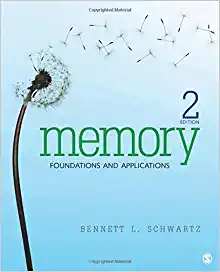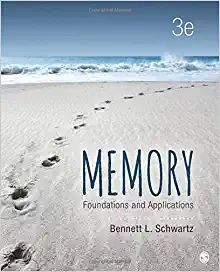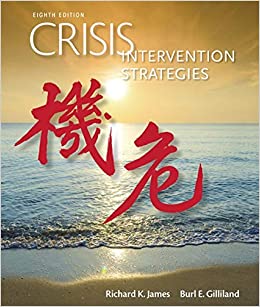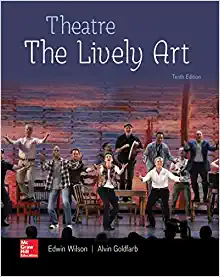Test Bank For Memory Foundations And Applications 2nd Edition By Bennett L. Schwartz
Chapter 1
- In a very broad sense, science refers to a particular view of the world, which is based on
- a) the logical application of deductive reasoning.
- b) assumptions about the absolute reality of nature.
*c) systematic observation and experimentation.
- d) the greatest number of assumptions about the smallest aspects of nature.
- A scientist should be able to
- a) always look for evidence that supports his or her view.
*b) be able to reject his or her own opinions when the evidence does not support that opinion.
- c) decide on complex ethical issues by weighing the evidence pro and con.
- d) never reject a hypothesis based on data alone.
- Empirical evidence is the
*a) verifiable results of the scientific process.
- b) hypothesis a researcher makes at the outset of the research.
- c) only the data collected outside of the lab.
- d) reason for doing science in the first place.
- Which of the following statements are true?
*a. The goal of memory science is to make generalizations about how memory works in the real world, but by studying it under careful and controlled laboratory conditions.
- The goal of memory science is to use common sense to improve study skills.
- The goal of memory science is to perform lots of experiments on well-studied paradigms in order to completely map out that particular paradigm.
- The goal of memory science is to understand the specifics of individual memory in the lab by studying how people perform ordinary memory tasks.
- The first scientist to address issues of memory using empirical research was
- William Bartlett
- James Bartlett
*c. Hermann Ebbinghaus
- Gunter Grass
- Ebbinghaus found that if he used a longer retention interval between study and test
- his ability to remember syllables was unaffected.
- his ability to remember syllables was improved.
*c. his ability to remember syllables was impaired.
- his ability to perceive time was unaffected by retention interval.
- A savings score means
- how much money participants can earn when rewards are offered for each item recalled.
- the difference between the retention interval and the inter-stimulus interval.
- how many nonsense syllables can occur on one study list.
*d. the decrease in time required to learn a list that was learned earlier.
- Harry Barry studied a list of word pairs until he had learned all 20 of them to perfection. One year later, he can no longer remember any of the pairs. Nonetheless, it takes him less time to relearn this list. What concept is Harry demonstrating?
- a) Operant conditioning
- b) Selective amnesia
- c) Part-set cueing
*d) The savings score
- Ebbinghaus showed that
*a) overlearning can improve subsequent savings scores.
- b) overlearning is an inefficient use of study time.
- c) overlearning requires extreme patience and concentration; thus, it should be avoided.
- d) overlearning did not generalize to other participants.
- Continuing to study even after you have mastered the material is called
- a) episodic recall
*b) overlearning
- c) distributed practice
- d) massed practice








Reviews
There are no reviews yet.